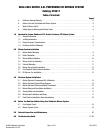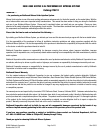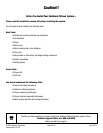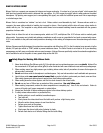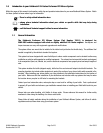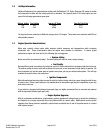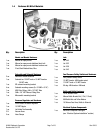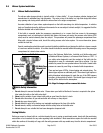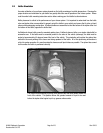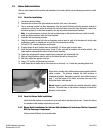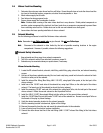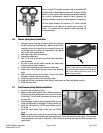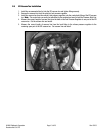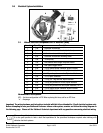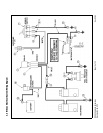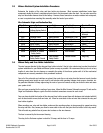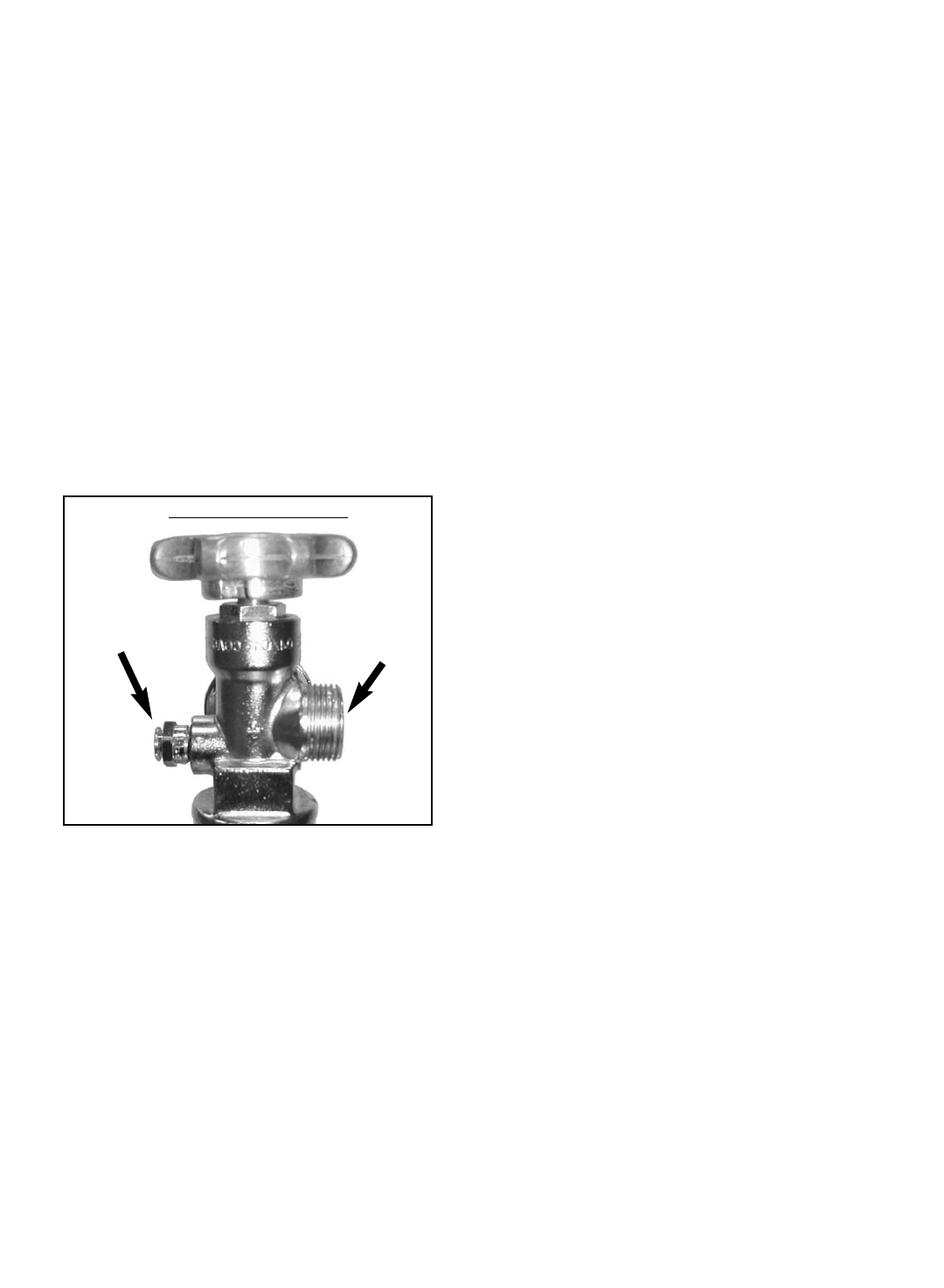
©2003 Edelbrock Corporation
Brochure No. 63-0173
Rev. 02/03
Page 8 of 23
2.0 Nitrous System Installation
2.1 Nitrous Bottle Installation
The nitrous oxide storage cylinder is typically called a “nitrous bottle”. It is an aluminum cylinder, designed and
manufactured to withstand very high pressures. The valve on top of the bottle is a high-flow design that allows
easy opening and closing which controls the nitrous flow to the engine compartment.
Accurate calibration of your nitrous system depends on the bottle remaining at a stable temperature. In vehicles
(such as Corvettes) where the bottle must be mounted in an area subject to direct sunlight, it is suggested that the
bottle be shielded with a bottle blanket.
If the bottle is mounted inside the passenger compartment or in a space that has access to the passenger
compartment such as hatchbacks or vehicles that feature fold down rear seats, the pressure relief device (PRD
valve) must be vented externally from the cockpit. This procedure will prevent the passenger compartment from
filling with a cloud of nitrous oxide, should the safety pressure relief valve rupture. For more information, please
contact the tech line.
Special consideration should be made to protect the bottle installation by not placing the bottle in a known crumple
or crash zone within the vehicle. At no time should the bottle be mounted within the seating area of the passenger
compartment of a street-driven vehicle.
Here is the Performer Bottle Valve. Installed on all bottle valves used
in Edelbrock Nitrous Systems, is a Pressure Relief Device or “PRD”. It
is a safety valve designed to vent the contents of the bottle into the
atmosphere in case of a catastrophic event like a collision. It is also
installed to prevent the over-pressurization of the bottle. Unsafe bottle
pressure is caused by over filling or elevated bottle temperatures.
There are two types of PRDs - Internal piping and external piping. The
internal type requires no additional parts. The external type requires a
safety blowdown tube designed to route the gas, if the PRD happens
to rupture, to the outside of vehicle. The internal type is design to vent
directly off the bottle into the atmosphere.
It is illegal to tamper with or remove this device.
Bottle Safety Information
1. Do not attempt to remove the bottle valve. Please return your bottle to Edelbrock if service is required to the siphon
tube inside the bottle or the bottle valve itself.
2. Never heat the outside of your nitrous bottle with an open flame like that of a torch.
3. Do not strike the surface of your nitrous bottle with a heavy or sharp object.
4. Do not drop your nitrous bottle.
5. Do not attempt to grind off or destroy any imprinted markings on the face of the bottle.
6. Do not remove, modify or otherwise tamper with the safety valve on the bottle valve.
7. Do not attempt to use a bottle that has been damaged or tampered with.
Racing Vehicles
Before you mount a nitrous bottle in a vehicle intended for use in racing or sanctioned events, check with the sanctioning
association or local racetrack for any rules regarding bottle installation. Most associations require the bottle be mounted
within the confines of the safety roll cage, with the safety pressure relief cap vented away from the driver’s compartment.
660 High Flow
Nitrous Exit
Pressure Relief
Device (PRD)
Performer Bottle
Valve



